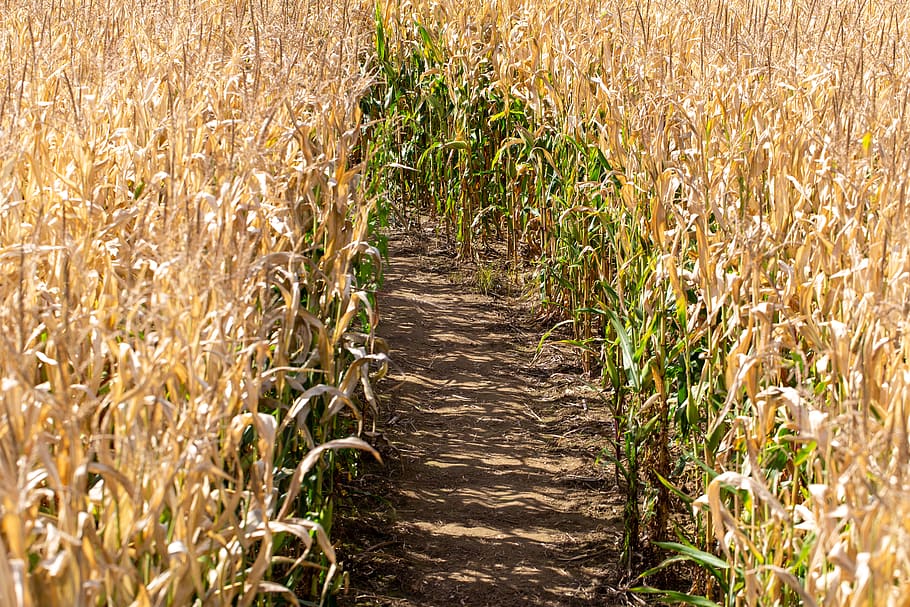Despite the serious threat extreme heat presents to our health and economy, people tend to perceive intense heat differently from other climate disasters. Heatwaves don’t get the same attention as a flood or a hurricane, because the damage isn’t as visually obvious.
But that’s not to say that heatwaves aren’t causing concern. For example, professional planters and even hobby gardeners can be greatly affected since strong heatwaves can drastically reduce their harvest. This article will go through the impact of extreme heat and different ways to help tackle this threat.
Did you know that heatwaves kill more people annually than any other natural disaster? According to statistics, more than 1000 people in the United States die annually as a consequence of extreme heat.

What Is Extreme Heat?
In the summertime, extreme heat refers to exceedingly hot and/or humid temperatures for their location during a particular time of year. Since some areas tend to be hotter than others, extreme heat refers to the norm for that specific time of year in that location. There are different ways in which we experience heat; various factors may add to the sensation of heat. One’s age and condition will change the way we experience heat as well as humidity and pollution.
Why Is Extreme Heat Dangerous?
- They are quiet. If you think about a hurricane, it can literally rip the roof off your house or uproot a tree. You can see the structural damages that it does to the environment, but whenever you go out after extreme heat, there is no difference.
- They are not Addressing Extreme Heat. Places less accustomed to heat are least prepared to face heatwaves.
- No Data. Compared to other natural phenomena, there is no data about the number of death or the economic damages. For example, if someone goes to the hospital because the heat aggravates their health issues, the written condition will be other things like renal failure or kidney failure, and not directly linked to heat.
Impact Of Extreme Heat.
Physical Health Impacts
- Dehydration
- Heat Stroke
- Heat Cramps
- Mortality
Mental Health Impacts
- Violence
- Bad Mood
- Insomnia

Agriculture
- Decrease in harvest
- The decline in milk production
Who Are More At Risk?
Heat does not affect people equally. It preys upon vulnerable people such as low-income communities who either do not have cooling facilities or are reluctant to use their cooling appliances to save energy, homeless people and people who work outside.
Why Is It Difficult To Combat Heat Waves?
There is a need for education around the subject and in some cities where heat waves are not frequent should get into that culture of preparation that we have built for years for hurricane or flood.
Police officers, firefighters and the health departments should be working together when there are heatwaves to save lives.
Passive Solutions
Air Conditioning is a quick solution to combat heatwaves, but they can be pretty expensive and there are some less energy-consuming solutions that everyone can benefit from even the poor. In most cities, there is a lack of trees; trees will help decrease the temperature. In addition to adding shade spots for people to relax, they can act as a filter for air pollution.
Another solution that you may want to adopt is to paint your roof white. Since childhood, we have all learned that dark colors absorb heat, so choose lighter surfaces and more reflective materials.
Heatwaves need more coverage from the media to help people learn more about this phenomenon that kills thousands of people around the globe. Let me know in the comments if you have experienced a heatwave.

